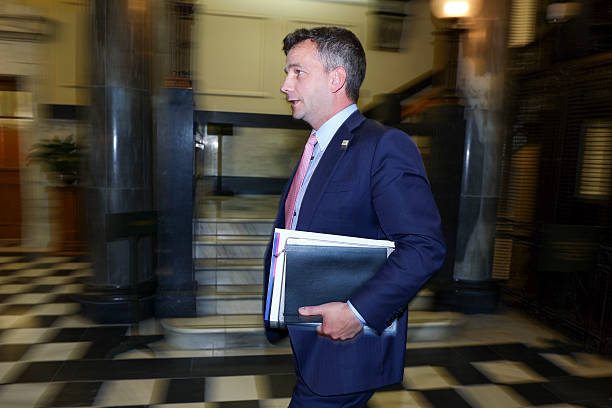Associate Health Minister David Seymour says Pharmac must modernise or risk falling behind.
Seymour said the agency needs to pursue innovation and efficiency to widen access to medicines and maintain the ongoing positive cultural change, including by exploring how to use artificial intelligence.
Last year, Seymour sent a letter of expectations instructing the agency that it was inappropriate to continue factoring the Treaty of Waitangi’s role into health sector decision-making.
Since the letter of expectations was issued, Seymour noted that the drug-buying agency has enhanced its consultation processes and revised its funding criteria in response to public input.
Pharmac has also hired Natalie McMurtry as the new chief executive to “cement positive change and continue to move towards a more transparent, inclusive, and people-focused organisation.”
In his most recent letter of expectations, Seymour called on Pharmac to modernise and “adopt faster, smarter processes and explore the use of AI to lift performance.”
While Seymour acknowledged the agency’s progress as “a good start,” he emphasised that further improvements are still needed.
“My letter of expectations for this year makes it very clear that there is still more work to be done. I expect this positive culture shift to continue.”
“Pharmac must modernise, or it will fall behind. It needs to adopt faster, smarter processes and explore the use of AI to lift performance.”
Seymour said he expects Pharmac to look into streamlining its medicines assessment and procurement systems for greater efficiency, investigate how AI can enhance these processes, and carefully evaluate the financial implications for the government when funding medicines and medical devices, including the broader societal costs involved.
Seymour’s expectations also include:
- Take a more proactive approach to collaborating with stakeholders.
- Explore new and expanded funding avenues for medicines and medical devices.
- Make performance metrics and decision timelines publicly available to improve transparency.
- Keep engaging patients early and make sure they are involved throughout the process.
Seymour instructed the agency to provide an update by December of this year on its efforts to assess the wider financial implications for the government, as well as the social and non-health impacts of funding medicines and medical devices.
“We’re committed to ensuring that the regulatory system for pharmaceuticals is not unreasonably holding back access. It will lead to more Kiwis being able to access the medicines they need to live a fulfilling life,” Seymour said.
“I am looking forward to continuing to work with Pharmac as we continue to ensure Kiwis get timely access to medicines and medical devices.”












